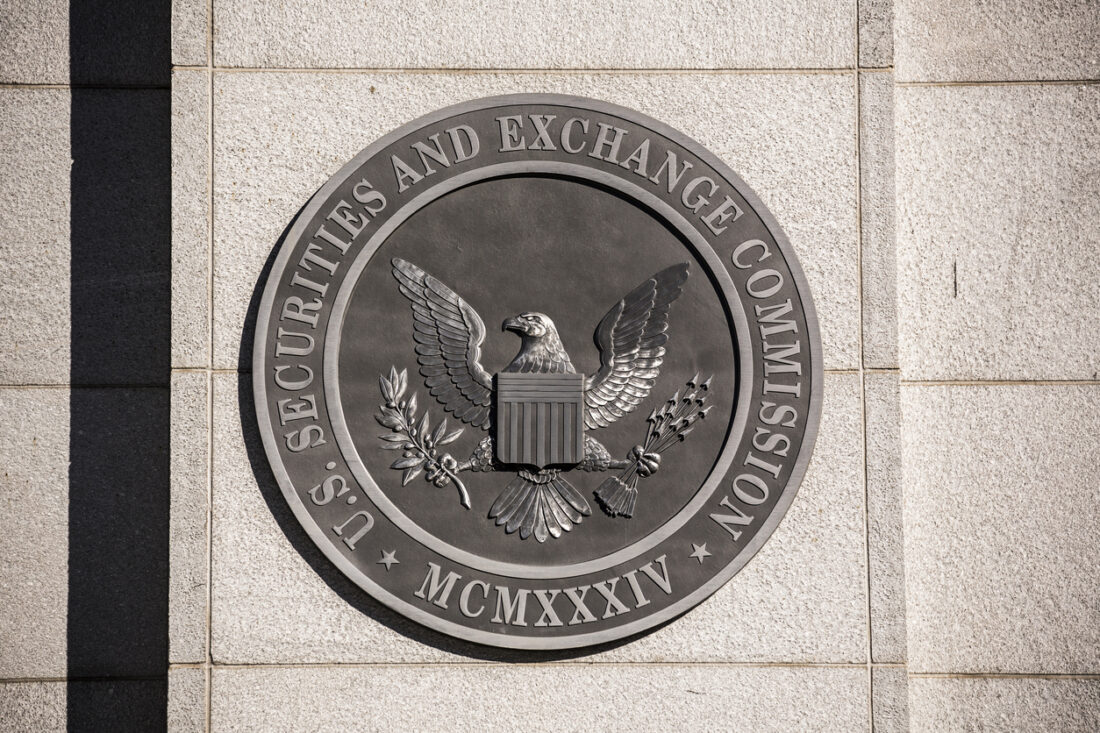Private Fund Enforcement Order on Custody Rule Violations
Easy Pickings But Maybe Also Warnings of Valuation Expectations Even With COVID-19 Difficulties
Now that we are nearly into June, many private fund advisers have delivered their annual audit reports to all fund investors. That is because for private fund advisers using the Annual Audit Exception, or the “Audited Financials Alternative” as the SEC referenced it in a recent Settlement Order, the Custody Rule, Rule 206(4)-2 of the Investment Advisers Act of 1940, states that the annual audit financials must be delivered to all investors within 120 days of fiscal year end (fund of fund advisers have additional time). Many advisers readily accomplish this delivery deadline by sending the audited statements sometime in April in a “package” along with, among other investor communications, the Form ADV Part 2A of the annual updating amendment, which must be filed with the SEC within 90 days of FYE and delivered to clients within 120 days of FYE. (Although the SEC only requires delivery of the Part 2A to clients, and then (with a few nuances not worth mentioning here) only if there are material changes, as a best practice, many private fund advisers routinely deliver the Part 2A to investors on an annual basis and whether or not there are material changes year to year).
As again illustrated by a recent Settlement Order (the “Order”), the SEC is not reticent to penalize advisers for violations of the Custody Rule, including the failure-to-deliver component. The Custody Rule, after all, was created to protect client funds and securities from misappropriation and misuse, indeed at the heart of the SEC’s mission. Custody is one of those evergreen enforcement topics.
But, what do private fund advisers do if through no fault of their own, the adviser cannot timely deliver the audited financials? That may be the subject of negotiations of which one would rather not be a part, the recent Order suggests.
For advisers affected by COVID-19 and meeting other conditions, the SEC has provided some leeway, summarized in Custody Question VI.9. But, for other private fund advisers, there is little flexibility. Such was the case for one private fund adviser, recently penalized $60,000 for its Custody Rule violations, according to the Order.
The Order did not provide much detail or background. But, the adviser’s March 2020 Form ADV Part 2A, Item 15, available on the IAPD website, states that the adviser’s relevant funds “endeavor to comply with the Custody Rule’s exception . . . however, due to the nature of the investments . . . and various extenuating circumstances, such as the political climate in Cameroon, there have been significant delays in completing the annual audits for 2016, 2017, and 2018 . . . [the adviser] endeavors to complete the annual audits for 2016, 2017, and 2018 as soon as is practical.”
Not good enough, said the SEC. In the Order, the SEC recognized that the relevant fund’s stated investment strategy “focuses on private agricultural investments in Cameroon.” But, according to the Order, the adviser did not engage the PCAOB auditor for fiscal year 2014 and 2015 “until well after 120 days following the end of both of those fiscal years” and thus did not—could not—deliver audited reports on time. Further, for the following years, the adviser “did not succeed in engaging an audit firm to audit the [Fund’s] financial statements”—and, therefore, again did not—could not—timely deliver audit reports. In summary, thus, the adviser at times failed to timely deliver audited reports and at times failed to have the private funds annually audited and failed to deliver audited reports.
Reading between the lines of both the Order and the 2A, and connecting them to another perennial hot topic, valuation, it appears the adviser invested in hard to value investments, or at least hard to access investments. So, let’s connect all the dots, and get prepared:
- We know that the SEC demands strict compliance with the Custody Rule and the Annual Audit Exception, even with hard to access and hard to value assets in foreign jurisdictions.
- We know that the SEC wants clear disclosure around valuation practices and appropriate valuation methods for Level 3 assets.
- We also know that the global pandemic has challenged processes and resources, and that some investments have taken a hard hit.
- We also know that the SEC is focused on the private fund industry—evidenced by its recent series of published cases against private fund advisers and by the consistent murmurings of a soon-to-be issued Private Fund Risk Alert that focuses on common deficiencies of private fund advisers in SEC examinations and enforcement proceedings.
So, with all the dots connected, we know we must:
- Shore up processes on custody and valuation.
- Mitigate against COVID-19 repercussions and difficulties, which are getting less and less “unforeseen.”
- Review documentation around those processes.
- Test those processes and the adequacy of documentation.
- Update or clarify any disclosures around those processes and mitigation efforts as appropriate.
Custody and valuation mandates—whether derived from a rule, the fiduciary standard, obligations to investors, fairness principles, or something else—are pillars in the registered investment adviser space, and present circumstances of the global pandemic illuminate the pillars’ connection to investor protection and current SEC focus.
Even if you missed the intended audit report delivery deadline this year due to unforeseeable circumstances, get back on track for next year and also realize there is little regulatory relief when it comes to protecting customer funds. Expect developments on valuation and private funds, even with hard to value assets—even harder with COVID-19. Difficulty in the process may not afford flexibility in the regulator’s eyes, just as difficulty in auditing assets in Cameroon did not relieve an adviser of Custody Rule mandates.



